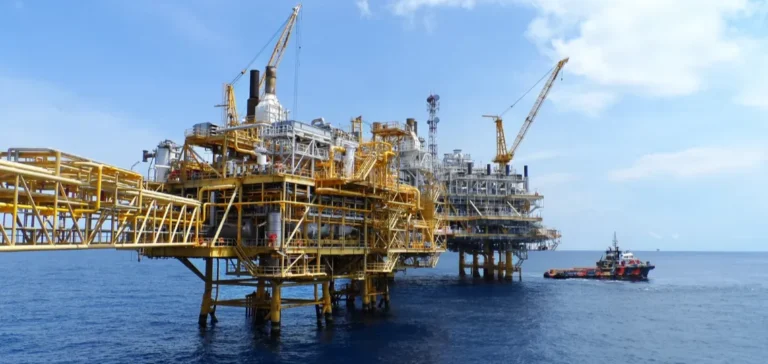Valeura Energy Inc., through a wholly owned subsidiary, has signed a joint venture agreement with Transatlantic Petroleum LLC and its partner Pinnacle Turkey Inc. to explore and develop hydrocarbons in the deep formations of the Thrace basin, in northwest Turkey. The agreement covers rights located below 2,500 metres or in high-pressure zones, across a gross area of 955 km².
This operation marks Valeura’s return to a region where, between 2017 and 2020, it discovered several over-pressured gas reservoirs in deep sandstone formations. The wells drilled with Equinor confirmed gas-bearing zones, but none achieved commercial viability at the time, partly due to local gas pricing.
Initial focus on Devepinar-1 well
As part of the agreement, Transatlantic will re-enter the Devepinar-1 well, drilled in 2019. The well had produced gas at promising initial rates but showed high decline rates. The new operation will test shallower zones in the Kesan formation. Transatlantic will fund all operations up to $2mn. Beyond this amount, costs will be shared between Transatlantic (50%), Valeura (31.5%) and Pinnacle (18.5%). Testing is expected to begin in Q4 2025.
If results show commercial potential, Transatlantic will acquire 50% of Valeura’s and Pinnacle’s interest in the relevant permits. Valeura, currently the registered operator with the Turkish government, will retain this administrative role while Transatlantic leads field operations.
Targeting a new 4,000-metre appraisal well
The agreement includes an option for Transatlantic to drill an appraisal well to a depth of at least 4,000 metres in the eastern licence area. This would allow Transatlantic to acquire up to 50% of the interest held 100% by Valeura. Transatlantic will fund the operation up to $8mn, with additional costs split evenly between the two companies.
Valeura has identified a potential site for the appraisal well, known as Hanoglu-1, which has already received drilling permits. If testing at Devepinar-1 proves successful, this site could be fast-tracked. Internal studies indicate favourable geology within the dry gas window, which could improve flow rates and reduce decline.
A return to a historically strategic region
Active in Turkey for nearly 15 years, Valeura had paused operations in the Thrace basin following Equinor’s exit in 2020. The agreement with Transatlantic, which has operated in Turkey since 2007 and recently partnered with Türkiye Petrolleri AO, revives the deep gas potential of this region west of Istanbul.
Valeura’s exploration licences in the Thrace basin remain valid until June 2026. Discussions are ongoing with Turkish authorities for a two-year extension to fully evaluate commercial viability. The combination of higher European gas prices and new technical approaches may reposition these assets as a strategic supply source.






















